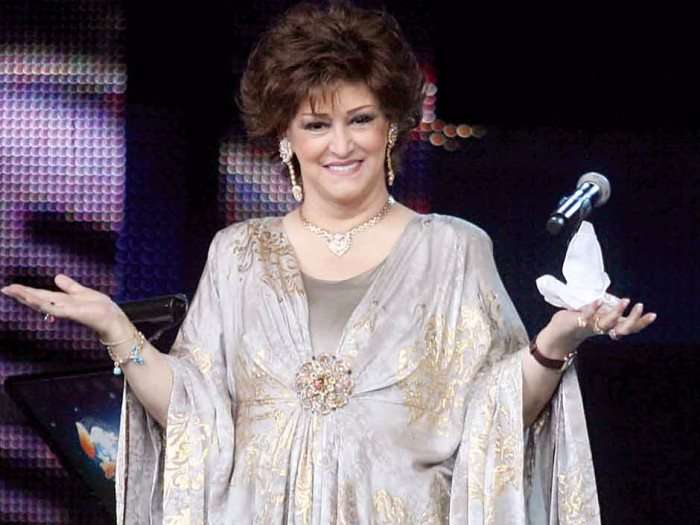Today marks the 10th death anniversary of renowned Algerian star Warda— best known for playing the role of Almaz in (Almaz and Abdou El-Hamouly) movie.
The Algerian star was often referred to as the ''Princess of Arab Singing'' and has lent her voice to a number of songs for many decades. The late singer has been an inspiration to millions of people across the Arab world. Here are lesser-known facts about the late star on her 10th death anniversary occasion.
Warda who is cited as one of Arab’s greatest singers of all time alongside Umm Kalthoum and Fayrouz, passed away in 2012, leaving a gaping hole in the Egyptian music industry. She was 82.
The most acclaimed singer in her generation died in her house in Cairo after she had recorded a song to celebrate Algeria's 50th independence anniversary.
Born in France in 1939 to an Algerian father called Fatouki and a Lebanese mother named Yamout, she began her showbiz career as a young singer at the Tam-Tam, a cabaret owned by her father Located on rue Saint-Séverin, in the Latin Quarter in Paris.
After Algeria gained her independence from France, Warda went to Algeria for the first time and married an officer who forbade her to sing. She took a ten-year hiatus from music, instead choosing to raise her children.
Throughout her long-standing career, Warda featured in many remarkable Arab films, such as 'Amirat Al Arab', and 'Hekayti maa al-Zaman', starring Rushdi Abaza and Samir Sabri, and also performed several concerts across the world.
Her breakthrough came with "Al-Watan Al-Akbar" (the greater homeland) performance, a pan-Arabist song composed by late Egypt's iconic star Mohammed Abdel Wahab. Following her overwhelming success with Abdel Wahab and other Egyptian musicians, she decided to stay in Cairo for the rest of her life.
In the 1970s, Algerian Warda married the renowned Egyptian composer Baligh Hamdi, and together they created some of their most famous works. At that time, the soft-spoken singer was well-known to possess one of the most versatile voices in the golden era of Egypt's cinema.















